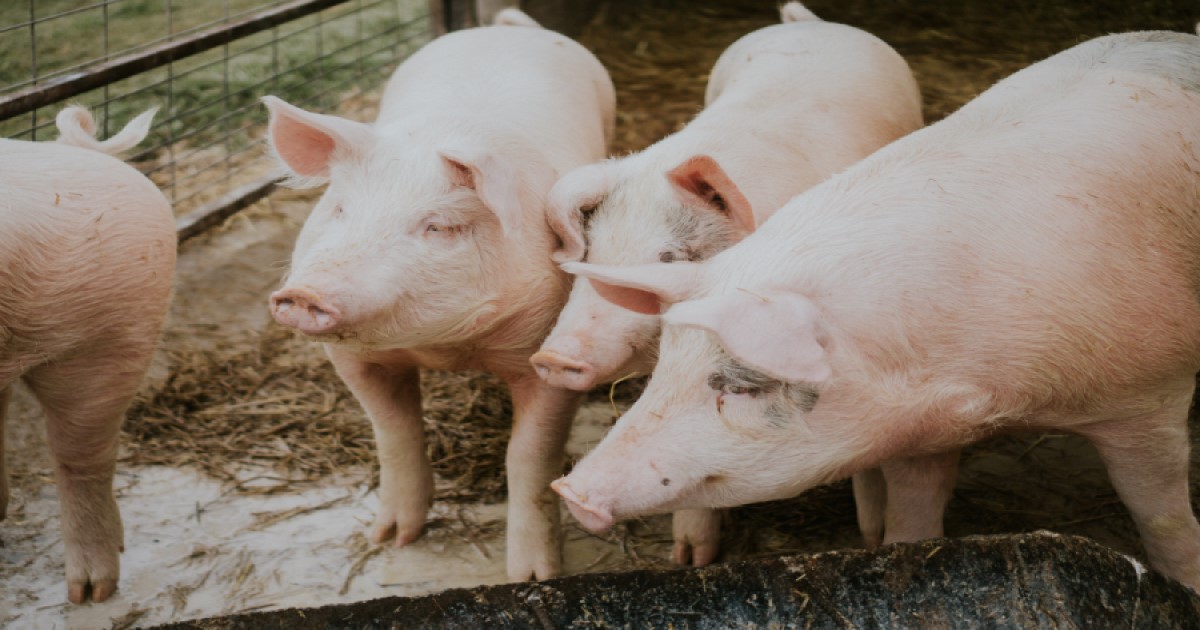Future Perspectives in Pig Reproductive Biotechnology
A special issue of Veterinary Sciences (ISSN 2306-7381). This special issue belongs to the section "Veterinary Reproduction and Obstetrics".
Deadline for manuscript submissions: 20 November 2025 | Viewed by 927

Special Issue Editor
Special Issue Information
Dear Colleagues,
Over the past decades, advances in pig reproductive biotechnology have revolutionized both agricultural and biomedical landscapes, offering transformative solutions for sustainable food production, disease modeling, and xenotransplantation. However, the rapid evolution of technologies such as CRISPR-based genome engineering, somatic cell nuclear transfer, and artificial uterus systems has also highlighted critical gaps in interdisciplinary collaboration, ethical frameworks, and translational scalability. These challenges underscore the need for a unified approach to harness the full potential of these innovations while addressing societal and regulatory concerns.
This Special Issue, ‘Future Perspectives in Pig Reproductive Biotechnology’, aims to synthesize cutting-edge research and forward-looking insights across disciplines, from molecular genetics to veterinary medicine and bioethics. By emphasizing emerging tools—including in vitro gametogenesis, stem cell applications, and precision breeding—we seek to bridge the divide between foundational research and real-world implementation. One of our core objectives is to highlight synergies between agricultural and biomedical goals, such as developing disease-resistant livestock and advancing porcine–human organ transplantation. Additionally, this Special Issue will explore the ethical implications and policy adaptations required to responsibly scale these technologies.
To complement the existing literature, which often focuses narrowly on technical milestones, this collection prioritizes holistic perspectives, integrating scalability, socioeconomic impacts, and cross-species applicability. By uniting diverse expertise, we aim to catalyze collaborations that address global challenges in food security, health, and sustainability while fostering responsible innovation.
We invite contributions that illuminate pathways to ethical and scalable breakthroughs, driving this dynamic field toward impactful, globally relevant outcomes.
Dr. Lingwei Sun
Guest Editor
Manuscript Submission Information
Manuscripts should be submitted online at www.mdpi.com by registering and logging in to this website. Once you are registered, click here to go to the submission form. Manuscripts can be submitted until the deadline. All submissions that pass pre-check are peer-reviewed. Accepted papers will be published continuously in the journal (as soon as accepted) and will be listed together on the special issue website. Research articles, review articles as well as short communications are invited. For planned papers, a title and short abstract (about 100 words) can be sent to the Editorial Office for announcement on this website.
Submitted manuscripts should not have been published previously, nor be under consideration for publication elsewhere (except conference proceedings papers). All manuscripts are thoroughly refereed through a single-blind peer-review process. A guide for authors and other relevant information for submission of manuscripts is available on the Instructions for Authors page. Veterinary Sciences is an international peer-reviewed open access monthly journal published by MDPI.
Please visit the Instructions for Authors page before submitting a manuscript. The Article Processing Charge (APC) for publication in this open access journal is 2100 CHF (Swiss Francs). Submitted papers should be well formatted and use good English. Authors may use MDPI's English editing service prior to publication or during author revisions.
Keywords
- pig reproductive biotechnology
- genome editing
- somatic cell nuclear transfer
- stem cell applications
- precision breeding
Benefits of Publishing in a Special Issue
- Ease of navigation: Grouping papers by topic helps scholars navigate broad scope journals more efficiently.
- Greater discoverability: Special Issues support the reach and impact of scientific research. Articles in Special Issues are more discoverable and cited more frequently.
- Expansion of research network: Special Issues facilitate connections among authors, fostering scientific collaborations.
- External promotion: Articles in Special Issues are often promoted through the journal's social media, increasing their visibility.
- Reprint: MDPI Books provides the opportunity to republish successful Special Issues in book format, both online and in print.
Further information on MDPI's Special Issue policies can be found here.






